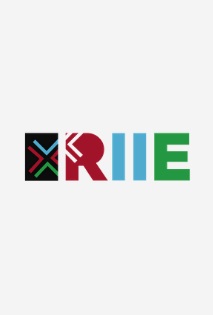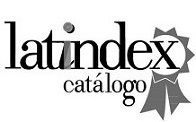Dialogic Literary Gatherings in Primary Education. A case study
DOI:
https://doi.org/10.30972/riie.13165758Keywords:
Dialogic Literary Gatherings- Student voice- Primary Education- learning communitiesAbstract
In most current schools, an educational system focused on the vertical transmission of knowledge as a teaching model where teachers occupy the dominant position in the teacherstudent relationship predominates. In particular, reading is traditionally considered as a skill to develop from an individual, mechanical and ritualistic approach. From this perspective, the educational institution has serious problems to carry out its mission that is to educate its students to become critical, responsible and educated future citizens of democratic societies. Due to the desire of knowing about educational proposals with a dialogical learning approach that helps to achieve such objectives, this research studies the Dialogic Literary Gatherings (DLG) that take place in a Primary Education classroom of a public school in Málaga, where reading itself is an activity that contributes to this objective. The methodology used has been the case study, using participant observation and semi-structured interviews as the main information gathering techniques. The results from a qualitative analysis show how and why DLG are carried out in a specific classroom and what the experience, impressions and opinions of students and teachers involved in them are. This allows us to get a better understanding of this practice within a real educational context.Downloads
Download data is not yet available.
Downloads
Published
2021-12-16
How to Cite
Ramírez, M. C., & Leite Mendez, A. E. (2021). Dialogic Literary Gatherings in Primary Education. A case study. Revista Del Instituto De Investigaciones En Educación, 12(16), 69–88. https://doi.org/10.30972/riie.13165758
Issue
Section
Artículos basados en investigación empírica
License
Aquellos autores/as que tengan publicaciones con esta revista, aceptan los términos siguientes:
- Los autores/as conservarán sus derechos de autor y garantizarán a la revista el derecho de primera publicación de su obra, el cuál estará simultáneamente sujeto a la Licencia de reconocimiento de Creative Commons que permite a terceros compartir la obra siempre que se indique su autor y su primera publicación esta revista.
- Los autores/as podrán adoptar otros acuerdos de licencia no exclusiva de distribución de la versión de la obra publicada (p. ej.: depositarla en un archivo telemático institucional o publicarla en un volumen monográfico) siempre que se indique la publicación inicial en esta revista.
- Se permite y recomienda a los autores/as difundir su obra a través de Internet (p. ej.: en archivos telemáticos institucionales o en su página web) antes y durante el proceso de envío, lo cual puede producir intercambios interesantes y aumentar las citas de la obra publicada. (Véase El efecto del acceso abierto).






.jpg)




